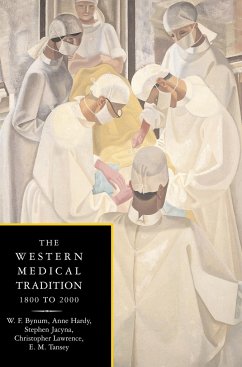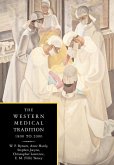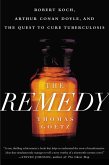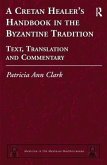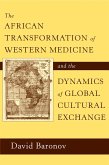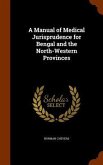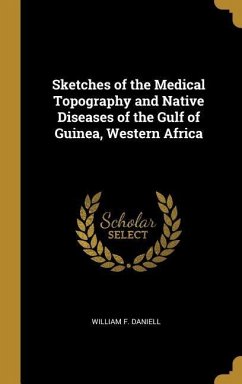This book, first published in 2006, is a detailed and authoritative account of the last two centuries of the development of 'Western' medicine, a tradition now important everywhere in the world. It is written by leading experts who not only describe the most important people, events, and transformations, but give explanations for why medicine developed as it did, becoming as important as it has in the modern world. It contains one of the first historical summaries of the development of medicine after the Second World War. It is an authoritative source of new information as well as a synthesis of the current state of knowledge on this fascinating subject. The Western Medical Tradition, 1800-2000 is a companion volume to The Western Medical Tradition, 800 BC to AD 1800.
Hinweis: Dieser Artikel kann nur an eine deutsche Lieferadresse ausgeliefert werden.
Hinweis: Dieser Artikel kann nur an eine deutsche Lieferadresse ausgeliefert werden.

